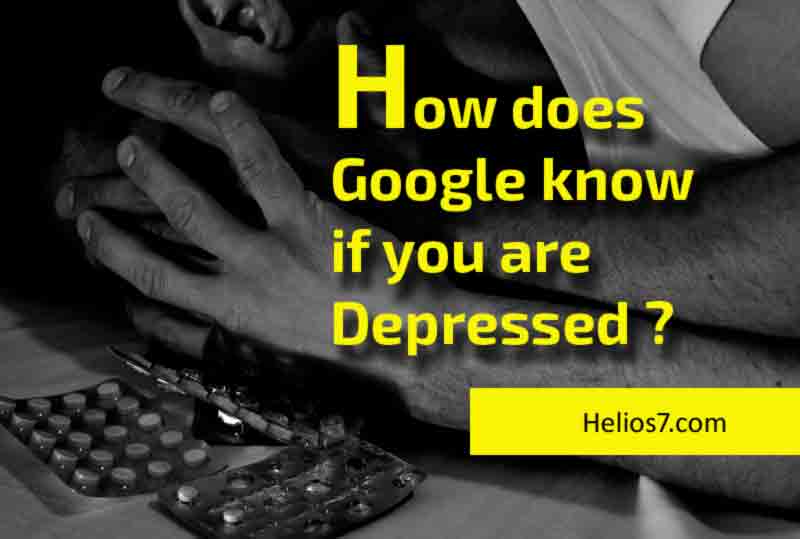Google, Facebook have been tracking your every move to send you personalized advertising

Shortly afterward when I logged into my Facebook account, I was surprised to see how the social network showed me advertisements about where I am going to travel.
But that was not all; YouTube also suggested several videos about my new vacation destination. When I booked the accommodation through a website, I received an ad in my Gmail account with exclusive promotions for that same trip.
WELCOME to the world of on-demand advertising and online pay-per-click campaigns. And the BIG companies including google, facebook and others justify it.
“Consumers respond positively to personalized ads,” said the blog on digital media and pure Advertising/Marketing.
Specialists cite a survey of the consulting firm Sociomatic Lab that reflects that “70% of users are willing to receive advertising and information designed specifically for them.” “It is important to know the customer and know what their online buying behavior is, ” they explain.
How Deep is Spying being done on Consumers without their knowledge ?
But how do they do it?
“Many organizations use targeted marketing campaigns on sites like Google AdWords,”
We must understand what data we are giving when we register in a social network and buy in online stores. As per the Stephanie Perry, computer security consultant at PGI Cyber “These types of platforms compare behavioral profiles (of Internet users) that companies can use to target their advertising to a specific audience in a geographic area, ” says Perry.
“These data are accumulated in many ways, including the search data -a record of what you are looking on the internet and when you search online on Google or Facebook. ”
Other examples, he adds, are online stores and websites that store a record of what you buy on the internet. “Amazon does it to show you other products that may interest you and sites like YouTube show you videos based on your preferences.”
In addition, social networks like Facebook “have all the information you include in your profile,” Perry says, “from the things you like to the groups you’re a member too, your geographic location, and the ads or websites on which you Click”.
The Power of Knowledge
“I want to be tracked and show publicity that interests me in the pages I visit,” says Carlos Roberto, the technology blog Genbeta.
Roberto ensures that personalized advertising improves your browsing experience and makes you discover pages and services that are interesting to him.
However, as the journalist acknowledges, the problem is that “most users are not aware of this happening. “
“Users should understand what data they are consenting to when they register on a social network and online stores, check the privacy settings of the applications and modify them to make sure they give the data they want and who they want.”
In that sense, remember that to be protected, it is essential that we use “robust passwords”.
The expert recommends only making online connections with people we trust and be aware of the information and data we share with them. ”
It also advises “to be careful with the links in which we click,” because the more we do, the more information brands will have to create our consumer profile with our buying habits.
However, if we want to be active on the internet, says Perry, we will have to accept that one of the conditions is that our data will be used for advertising.
Probably the next time I buy a plane ticket, I will do it again online.
Although, at least, this time I will be aware of the data that I am sharing. And, when you enter my Facebook page or YouTube, I will not be surprised to see flight offers, tourist promotions and vacation packages.
Maybe even reserve some of them.
After all, advertising on demand also has its positive side .
“The key is to strike the balance between engaging in it and maintaining our privacy and data security,” says Perry. The latter may be more complicated than booking an online flight.

Some useful tips
If you want to have some more privacy when you browse the net, you can follow the following steps:
- 1: Clear your history and activate private browsing . Your browsing history saves all the pages you’ve visited, but you can delete them within the settings. You can also turn on private browsing to navigate incognito.
- 2: Erase cookies and do not accept third party cookies . Another effective measure is in the “delete browsing data” option to make cookies disappear, files that gather information about you.
- 3: Disable your location . To prevent websites from knowing where you are, just deactivate the geolocation within the advanced options of your browser.
- 4: Control who follows and block you. There are tools like Ghostery, Disconnect or Do Not Track Me to avoid being followed on the internet. Use them.
- Use secure Browsers which do not track you




